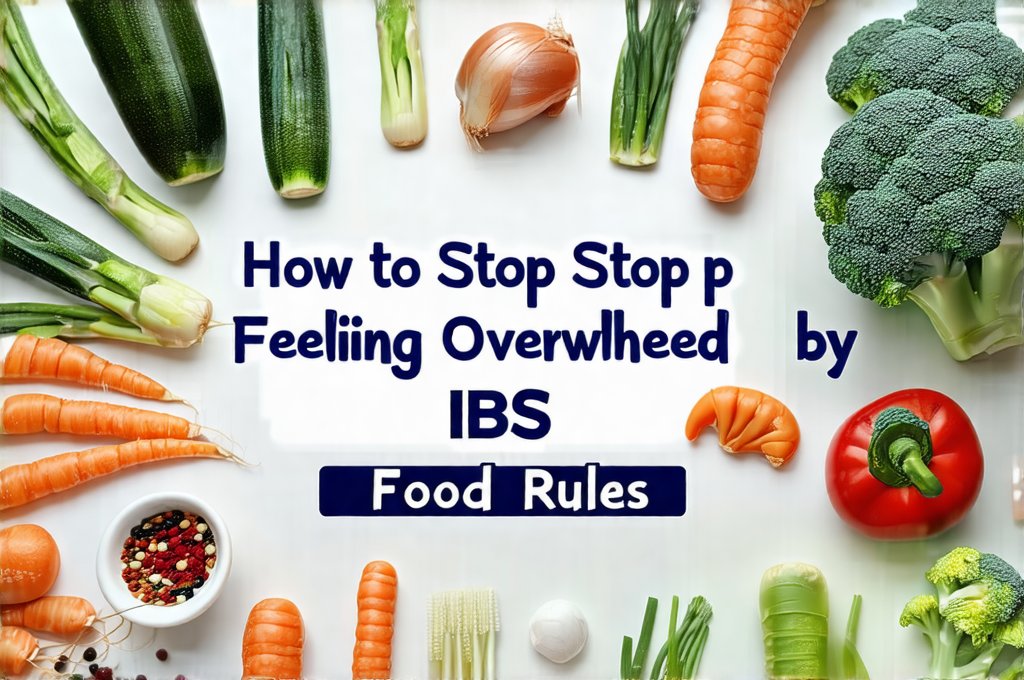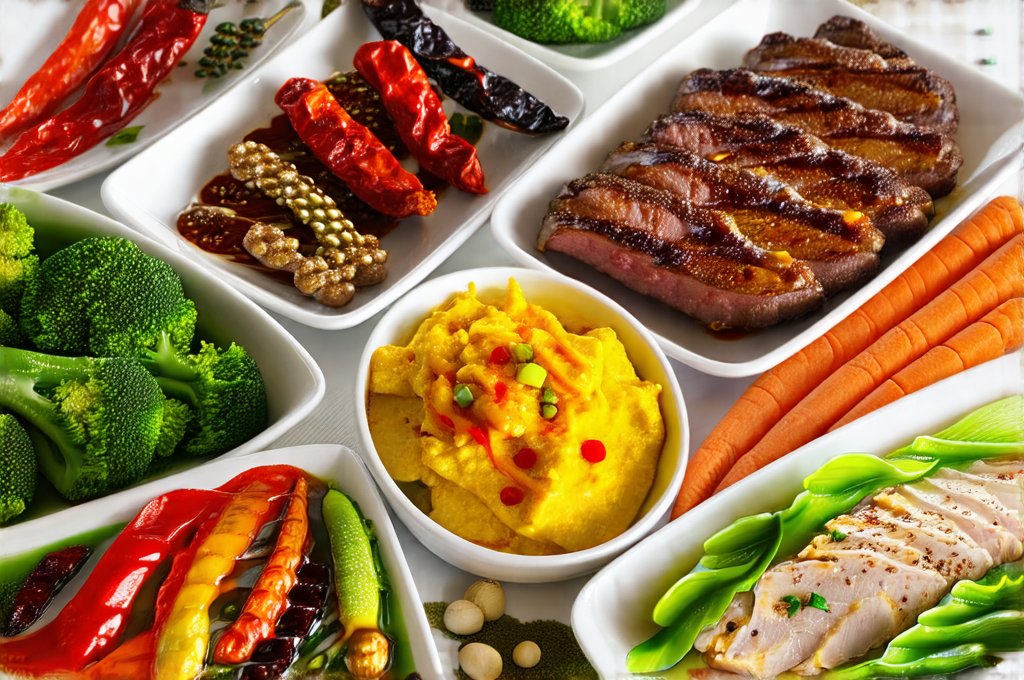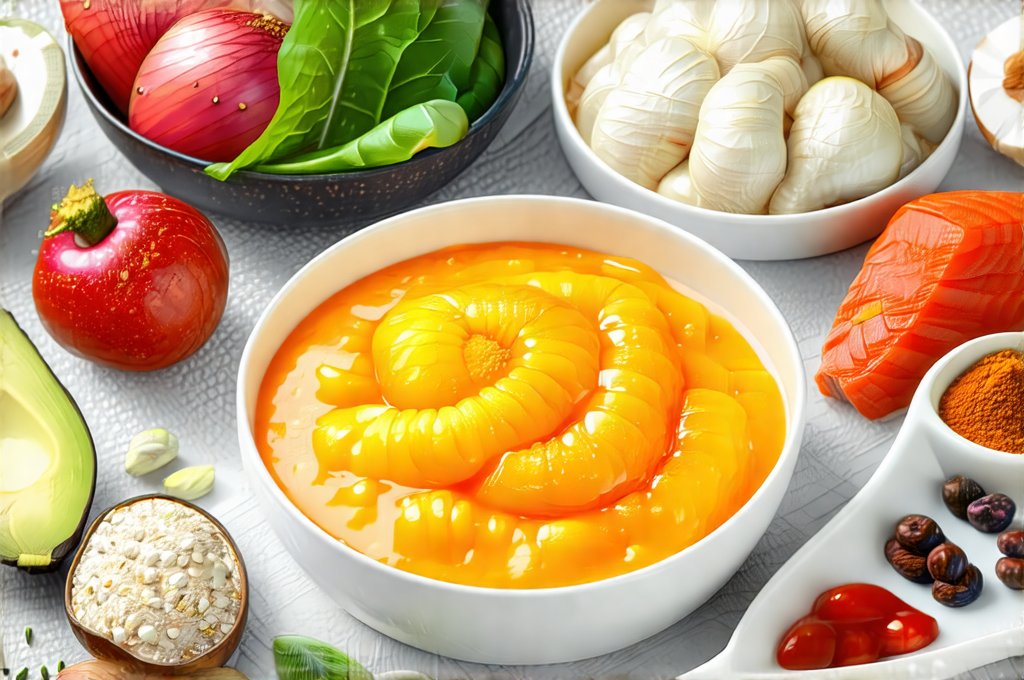Irritable Bowel Syndrome (IBS) can significantly impact daily life, often forcing individuals to carefully navigate dietary choices to minimize discomfort. One of the biggest challenges is finding convenient ways to prepare meals that are both nourishing and gentle on a sensitive digestive system. Traditional cooking methods can sometimes exacerbate symptoms due to higher fat content or difficult-to-digest ingredients. This is where slow cookers become invaluable – offering a method for creating flavorful, easily digestible meals with minimal effort and control over ingredient quality. Slow cooking breaks down fibers more thoroughly, tenderizes tougher cuts of meat (reducing the need for added fats), and generally creates a less stressful culinary experience for those managing IBS symptoms.
The beauty of slow-cooker cooking lies in its simplicity and adaptability. It allows you to combine wholesome ingredients and let time do much of the work, resulting in meals that are not only easier to tolerate but also more likely to be consistently prepared even when fatigue or flare-ups make extensive kitchen activity difficult. Focusing on low-FODMAP ingredients and mindful portion sizes is key, but a slow cooker can truly unlock a wider range of dietary possibilities for those with IBS, making mealtime less anxiety-inducing and more enjoyable. It’s about reclaiming control over your diet without sacrificing flavor or convenience. Consider how this approach might complement a broader balance-focused dishes strategy for overall gut health.
Understanding the Slow Cooker Advantage for IBS
Slow cookers are particularly beneficial for individuals with IBS due to several key reasons related to digestion. Firstly, the low and slow cooking process helps break down complex carbohydrates that can be difficult for sensitive digestive systems to process. This is especially helpful with legumes like lentils or beans, which are often avoided by those with IBS but can provide valuable nutrients when prepared properly. The extended cook time reduces their galactan content – a type of FODMAP known to cause gas and bloating. Secondly, slow cooking minimizes the need for added fats. Many traditional recipes require frying or sautéing, which increases fat content and can trigger symptoms in some IBS sufferers. Slow cookers allow you to create flavorful dishes with minimal oil.
Furthermore, the gentle cooking method preserves more nutrients compared to higher-heat methods like roasting or grilling. This ensures that your meals are not only easier to digest but also provide maximum nutritional benefit. You have complete control over the ingredients used – avoiding common IBS triggers such as high-FODMAP vegetables (onions, garlic), certain fruits, and excessive amounts of dairy. Slow cookers encourage a more mindful approach to cooking, prompting you to consider each ingredient’s impact on your digestive health. It’s about building a sustainable relationship with food that supports wellbeing rather than causes distress. For women experiencing IBS alongside hormonal changes, exploring easy wraps, bowls and bakes could offer additional support.
Finally, the convenience factor cannot be overstated. Life with IBS often involves unpredictable symptoms and energy levels. A slow cooker allows you to prepare meals ahead of time, reducing stress during flare-ups or busy periods. You can simply assemble ingredients in the morning before work and come home to a ready-to-eat meal that’s both delicious and gentle on your system. This reduces reliance on quick, potentially problematic convenience foods.
Low-FODMAP Slow Cooker Essentials
Building a low-FODMAP pantry is crucial for successful slow-cooker IBS recipes. Start with staples that are naturally lower in FODMAPs and easily incorporated into various dishes:
- Rice: Brown or white rice offers a safe carbohydrate source.
- Quinoa: Another excellent grain option, but portion control is important.
- Lean Proteins: Chicken breast, turkey, fish (salmon, cod), and lean beef are generally well-tolerated.
- Vegetables: Carrots, spinach, kale, zucchini, bell peppers (red & yellow in moderation), tomatoes (in smaller quantities). Avoid onions and garlic unless using infused oils to impart flavor without the FODMAPs.
- Fruits: Bananas (slightly green), blueberries, strawberries, oranges, grapes are typically safe choices.
- Herbs & Spices: Fresh or dried herbs and spices add flavor without triggering symptoms. Ginger is particularly beneficial for digestion.
When selecting ingredients, always check labels carefully to ensure they don’t contain hidden high-FODMAP components like honey, apple juice concentrate, or inulin. Focus on whole, unprocessed foods as much as possible. Utilizing infused oils – garlic-infused olive oil, for example – allows you to enjoy the flavor of garlic without the FODMAP content. Remember that tolerance levels vary significantly between individuals with IBS; what works for one person may not work for another, so listen to your body and adjust accordingly. A carefully planned vegan meal plan can also be a valuable resource.
Slow Cooker Chicken & Vegetable Curry (Low-FODMAP)
This recipe utilizes low-FODMAP ingredients and a slow cooker’s gentle cooking process to create a flavorful and easily digestible curry:
- Ingredients: 1 lb boneless, skinless chicken breast, diced; 1 cup carrots, chopped; 1 cup zucchini, chopped; 1/2 cup spinach; 1 can (14oz) diced tomatoes; 1 cup lactose-free coconut milk; 2 tbsp curry powder; 1 tsp turmeric; 1/2 tsp ginger, grated; Salt and pepper to taste.
- Instructions: Combine all ingredients in the slow cooker. Cook on low for 6-8 hours or high for 3-4 hours. Serve with a side of rice.
This recipe avoids onions and garlic entirely, relying on spices for flavor. Coconut milk provides creaminess without dairy, and the slow cooking process ensures tender chicken and vegetables. You can adjust the amount of curry powder to suit your taste preferences. Consider adding a squeeze of lime juice before serving for extra brightness. This dish is easily customizable – feel free to swap out vegetables based on your tolerance levels.
Slow Cooker Lemon Herb Salmon & Potatoes
This recipe provides a healthy source of protein and omega-3 fatty acids, paired with easy-to-digest potatoes:
- Ingredients: 1 lb salmon fillet; 1 lb new potatoes, quartered; 2 tbsp olive oil; Juice of 1 lemon; 1 tbsp fresh dill, chopped; 1 tsp thyme; Salt and pepper to taste.
- Instructions: Place potatoes in the bottom of the slow cooker. Top with salmon fillet. Drizzle with olive oil and lemon juice. Sprinkle with dill, thyme, salt, and pepper. Cook on low for 4-6 hours.
Salmon is a great choice for those with IBS due to its anti-inflammatory properties. New potatoes are generally well-tolerated and provide carbohydrates without being overly fibrous. The lemon and herbs add flavor without relying on potential triggers like garlic or onions. Remember to check the salmon carefully for bones before serving. This recipe can be served as a complete meal, offering both protein and carbohydrates in a digestive-friendly package. For those looking for simplified options, exploring keto recipes may also provide convenient choices.
It is important to note that this information is not intended to be a substitute for professional medical advice, diagnosis, or treatment. Always consult with your doctor or other qualified healthcare provider if you have questions about your health or before making any decisions related to your health or treatment.




